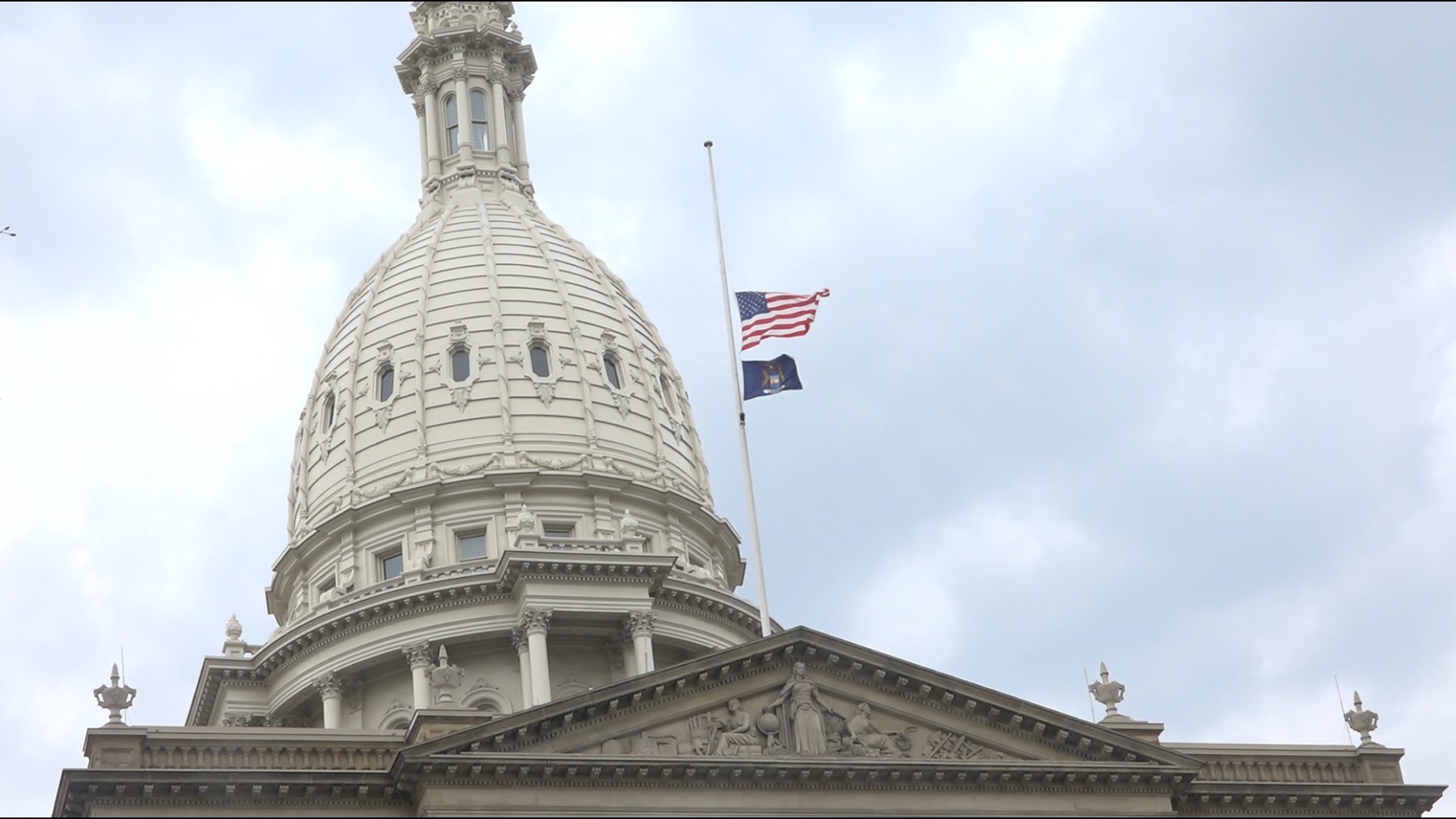GRAND RAPIDS, Mich. — There's a difference in opinions throughout the state of Michigan as Governor Gretchen Whitmer has repealed the state's Right To Work law that was signed in 2012 by Governor Rick Snyder.
"Not surprised, but definitely disappointed to see Michigan take such a big step backwards," said former Lieutenant Governor and current Small Business Association of Michigan President Brian Calley.
"The so called misnamed 'Right to Work' law was anti-worker, it kept workers down, this is a big win for worker freedom," said Daniel Hopkins of Michigan United.
Former Lieutenant Governor Calley was part of Governor Snyder's administration when it passed.
"After right to work passed and some other key policy changes, we became a growing state again. Our economy got much stronger, the workforce grew, personal income grew, our population started growing again," said Calley.
Right to Work allowed those in unionized workplaces to opt out of paying union dues and fees but still have union representation.
Those for it say it gave workers a choice and freedom.
Robert Gonzalez, secretary/treasurer with the International Union of Painters and Allied Trades, however, never saw 'Right to Work' that way.
"It just cripples a workforces ability to come together and bargain collectively, you know, and raise their, you know, their situation up with higher wages and better benefits. And like I said, you know, better working conditions," said Gonzalez.
Gonzalez says they have around 2,700 members from industries like industrial and commercial painting, to glass workers and drywall finishers.
Gonzalez says he's looking forward to the day the repeal goes into effect.
"Once the law goes into effect, then those folks that, you know, are not dues paying members, but do enjoy the benefits of the contract, you know, they will be required to now you know, pay for the services that they are receiving."
For organizations like the Mackinac Center for Public Policy that is for 'Right to Work', the fight isn't over.
"For those employees who are in the private sector and who are going to be affected by this," said Gonzalez. "There's still plenty more that can happen in the future to try and restore us to where we were before today. Obiously laws can be passed."
►Make it easy to keep up to date with more stories like this. Download the 13 ON YOUR SIDE app now.
Have a news tip? Email news@13onyourside.com, visit our Facebook page or Twitter. Subscribe to our YouTube channel.

